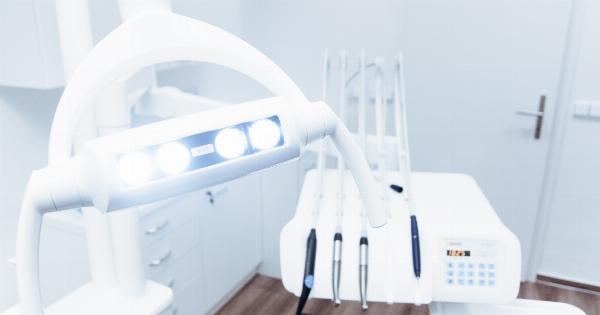The placebo effect is a fascinating phenomenon that has been extensively studied in the field of medicine.
It refers to the beneficial effects experienced by patients who receive an inactive substance or treatment, often referred to as a placebo, instead of an active medication or therapy. While placebos have traditionally been associated with clinical trials and experimental research, their role in medical simulation is now being investigated.
Understanding the Placebo Effect
The placebo effect is believed to be primarily driven by the power of the mind and the patient’s expectations and beliefs.
When individuals receive a placebo treatment, their perceptions and psychological state can influence their physiological responses, leading to improvements in symptoms or even a complete resolution of their condition. This phenomenon has been widely documented in various medical conditions such as pain management, depression, and even Parkinson’s disease.
Placebo Effect in Medical Simulation
Medical simulation refers to the use of simulated scenarios and tools to train healthcare professionals and students.
It provides a safe and controlled environment for learners to practice their skills, enhance their decision-making abilities, and improve patient outcomes. While simulators and standardized patients are commonly used in medical simulation, the incorporation of the placebo effect could offer additional benefits.
Enhancing the Learning Experience
Integrating the placebo effect in medical simulation can enhance the realism of scenarios and replicate the complexities of patient care.
By incorporating placebos, learners can experience the psychological and emotional aspects of managing patients who respond positively to non-pharmacological interventions. This can help develop their communication skills, empathy, and understanding of the patient’s perspective.
Exploring Alternative Treatment Options
The placebo effect in medical simulation can also encourage healthcare providers to explore alternative treatment options beyond medication.
By witnessing the potential benefits of placebos on patient outcomes, healthcare professionals may be motivated to integrate complementary therapies, lifestyle modifications, and psychological interventions into their practice. This can lead to a more holistic and patient-centered approach to care.
Ethical Considerations
While utilizing the placebo effect in medical simulation offers unique educational opportunities, ethical considerations need to be addressed.
Informed consent, transparency, and debriefing are crucial to ensure participants understand the purpose of incorporating placebos and are comfortable with the simulation scenario. Additionally, educators and simulation facilitators must provide appropriate guidance and support to learners to navigate the complexities of the placebo effect.
Impact on Patient Care
The potential implications of incorporating the placebo effect in medical simulation extend beyond the realm of education.
By developing a deeper understanding of the placebo effect and its impact on patient care, healthcare professionals can better harness its benefits in clinical practice. They can optimize patient outcomes by leveraging the power of the mind and patient expectations, in addition to traditional medical interventions.
Future Directions and Research
While the use of placebos in medical simulation shows promise, further research is needed to explore its full potential.
Studies can focus on the specific conditions and contexts where the placebo effect can be most effectively applied in simulation scenarios. Additionally, examining the mechanisms and factors that influence the placebo response can contribute to the development of more tailored education and training methods.
Conclusion
The placebo effect, a fascinating phenomenon in medicine, has the potential to enhance medical simulation and improve patient care.
By incorporating the psychological and emotional aspects of managing patients who respond positively to non-pharmacological interventions, learners can develop a deeper understanding of patient-centered care. Ethical considerations and further research are necessary to fully explore the role of the placebo effect in medical simulation and its impact on healthcare practice.






























